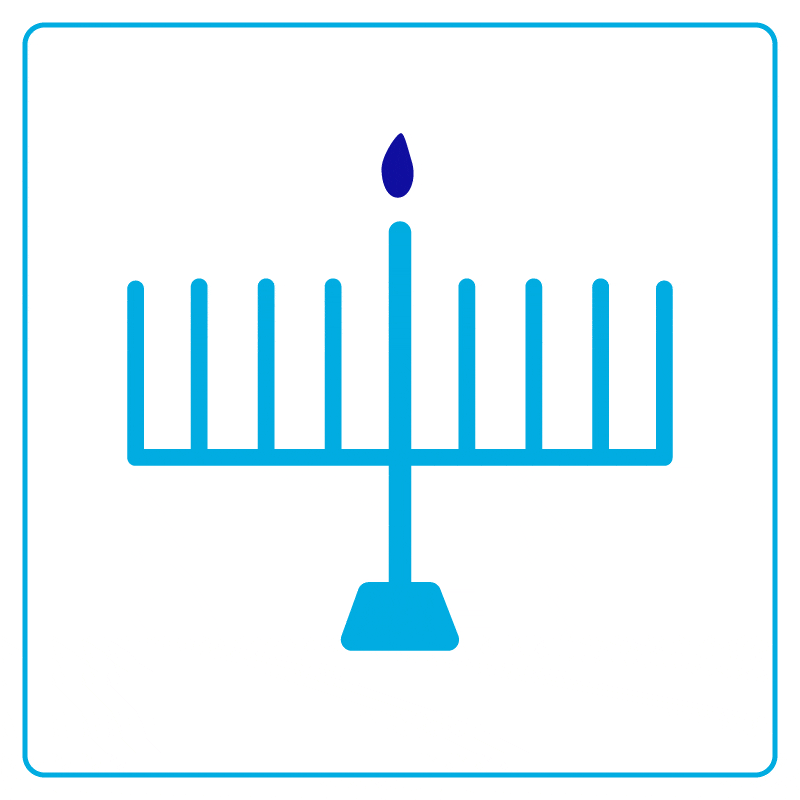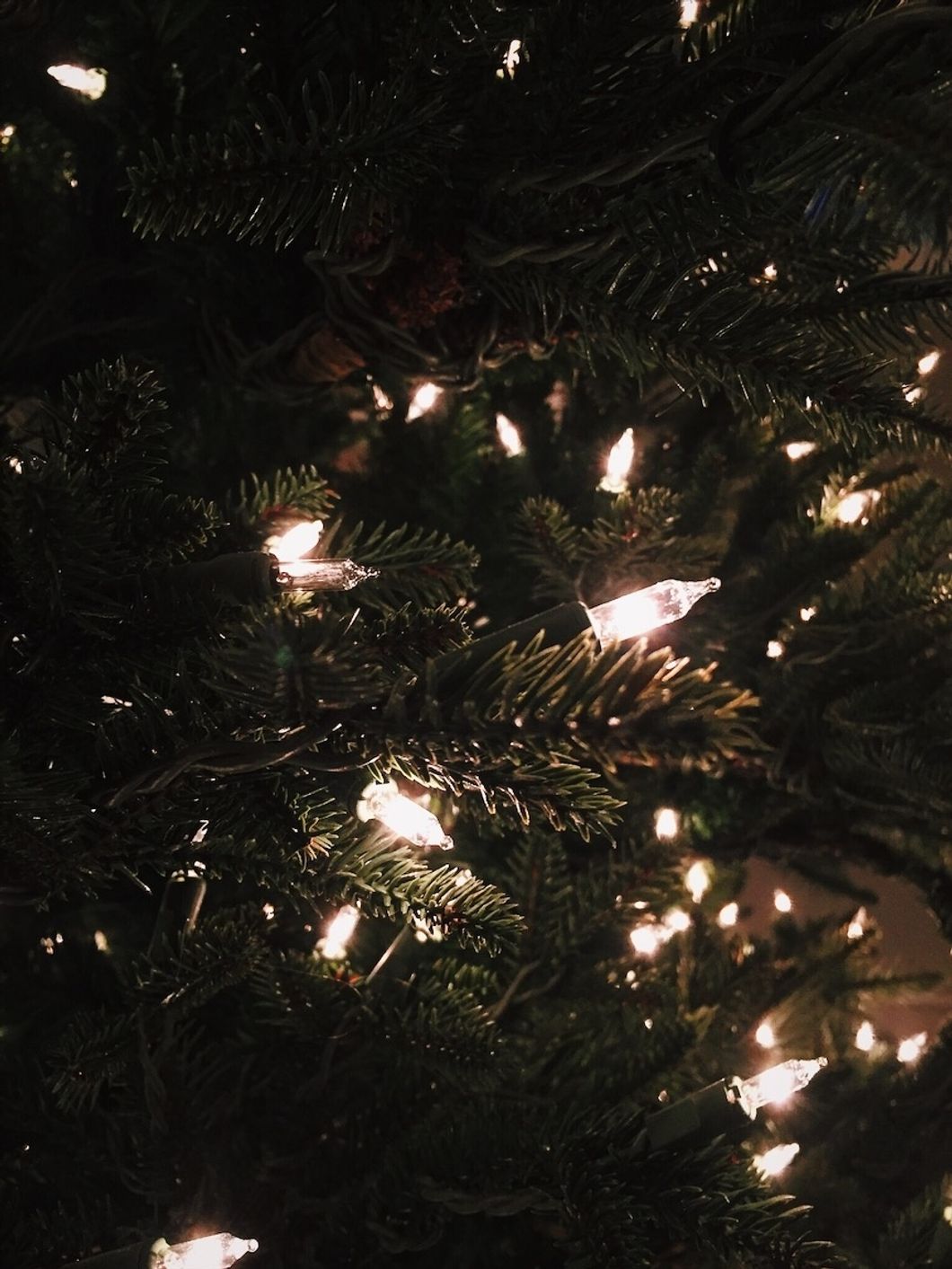We're all guilty of it: cutting down Christmas trees just to end up on the sidewalk headed to the dump two weeks later, or knowingly using harsh electric menorahs because they require less effort than manually lighting candles. Every year America's carbon footprint increases and it's time to start taking initiative to lessen our impact.
1. Eco-friendly wrapping paper
There's nothing like waking up Christmas morning and ripping open a wrapped gift, practically shaking with anticipation to see what Santa brought you from the North Pole. But you may have wondered, where does this wrapping paper end up? Bill Moore, a paper recycling consultant based in Atlanta, reveals most wrapping paper ends up in landfills because most recyclers won't take it. However, Wrappily, an eco-friendly gift wrap manufacturer, prints a variety of patterns for the holidays on 100% recyclable newsprint, making Wrappily a must-have this holiday season.
2. Energy efficient LED lighting
I must admit, there's nothing more aesthetically pleasing than driving past a house decked out in Christmas Lights. However, according to the U.S. Department of Energy, the popular and cheap incandescent lights used are extremely wasteful, with 90% percent of their energy being released as heat. In contrast, if you are planning to light up your home for the holidays, LED lights are a much more eco-friendly alternative, as they use at least 75% less energy and last 25 times longer than incandescent lights.
3. Recycle your Christmas trees
While I wholeheartedly recommend purchasing an artificial Christmas tree to re-use over the years, I understand that cutting down a real tree is an important tradition for many. So, if you can't live without a real Christmas tree rooted in your living room, I heavily emphasize utilizing one of the thousands of tree recycling programs in the United States, so that they don't end up in a landfill.
4. Electronic holiday cards
 Giphy
GiphyAccording to research conducted at Stanford University, in the U.S., 2.65 billion Christmas cards are sold annually, which is enough to fill a football field 10 stories high. If each person sent just one less card, 50,000 cubic yards of paper would be saved. That being said, by deciding to send all of your Christmas cards through an electronic platform, such as Greenvelope, the effects would be astronomically positive.
5. Battery-free gifts
It's inevitable to receive battery-powered gifts during the holidays, but if everyone were to limit the number of electronic gifts they asked for, the environment would greatly benefit. According to the EPA, 40% of all battery sales occur during the holiday season; these batteries prove to be an environmental hazard as their harmful chemicals usually find their way into the waste stream. So, when shopping for your kids this Christmas or Chanukkah, remember that your 10-year-old son will love a toy car just as much as a talking action figure.
6. Turn holiday decorations off at night
In 2015, Phys.org released a report revealing that U.S. Christmas lights account for 6.63 billion kilowatt hours of electricity consumption every year. This number does not seem very significant until paralleled with other countries total electricity use annually. For instance, El Salvador uses 5.35 billion kilowatt hours and Ethiopia consumes 5.30 billion kilowatt-hours per year, revealing how the U.S.'s Christmas decorations use more energy than entire countries. If everyone were to turn their lights off at night, the United State's energy consumption would plummet, which would significantly limit the number of harmful fossil fuels being used.
7. Environmentally sustainable candles
Every year millions of Jewish people across America celebrate Hanukkah by lighting their menorahs, however, many don't think about the environmental consequences of this tradition. Beeswax Hanukkah candles offer an eco-friendly alternative to the harmful, fossil fuel burning, paraffin wax candles commonly used.
8. Fair trade gelt
Hanukkah celebrations wouldn't be the same without gelt, pieces of chocolate wrapped in a tinted foil, however, most gelt is mass produced in harmful factories. Fortunately, Guilt-Free Gelt serves as an environmentally friendly alternative as it is ethically sourced.
9. LED electronic menorahs
 Giphy
GiphyAs a college student, electric menorahs serve as a safer option than traditional menorahs, as it is impractical to leave candles burning in a dorm room. However, if you are planning on using an electric menorah, I strongly suggest using one with LED lights as they require less energy and last longer than regular light bulbs, making them the sustainable choice.
10. Up-Cycled dreidels
 Giphy
GiphySome of my favorite memories from my childhood are playing with dreidels, trying to win as much chocolate gelt as possible. Brick Shtick's upcycled dreidels, made from Lego bricks, serve as an innovative alternative to the popular wooden or plastic dreidels, which are environmentally taxing.

















